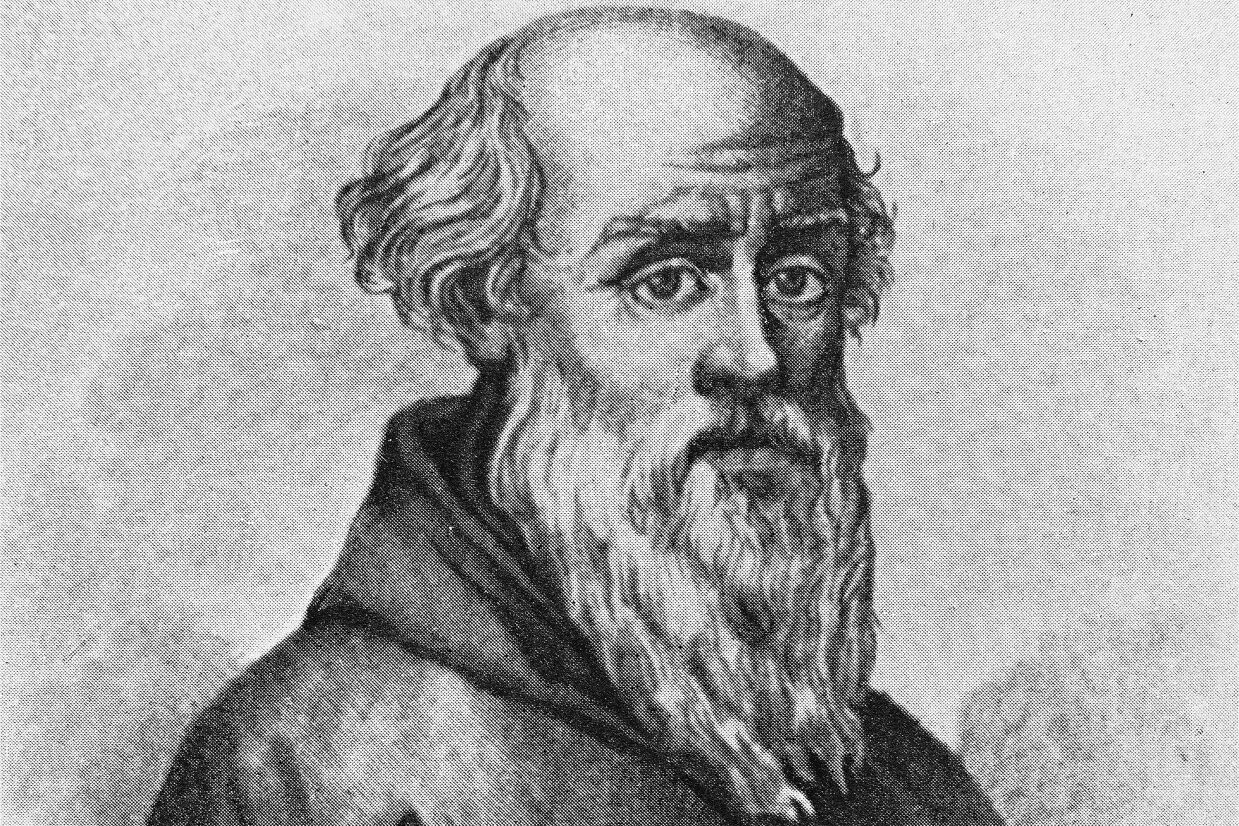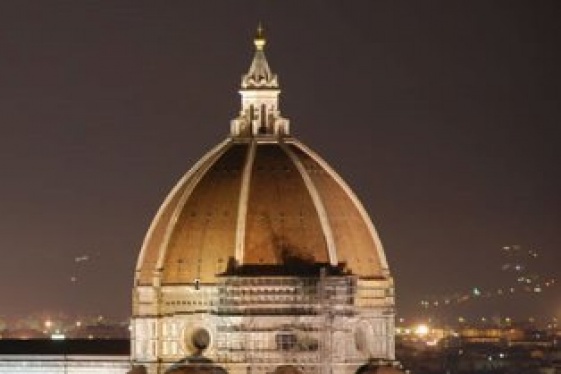

When we think about the foundations of Western music, one of the most important – foundational, in fact! – contributions comes from medieval Italy. The modern system of musical notation, the one that allows musicians today to read and perform music written centuries ago, owes much to an Italian monk, Guido d’Arezzo.
Living in the 11th century, Guido d’Arezzo was a Benedictine monk and music theorist who wanted to simplify how music was taught and remembered. At the time, melodies were either learned orallywritten using neumes, marks that indicated pitch movement but not precise notes; as useful as it was, the system was cumbersome and made learning music slow and unreliable.
SOURCE: https://italoamericano.org
You may be interested
-
Cathedral of St. John the Divine, Oratorio S...
For the first time ever, The Cathedral of St. John the Divine, in collaboration with the O...
-
Frank Sinatra 100th Anniversary Celebration
Hoboken’s favorite son, Frank Sinatra, continues to evoke images of the good life nearly 1...
-
Holiday Concert with Micheal Castaldo and Ma...
The Mattatuck Museum (144 West Main St. Waterbury, CT 06702) is pleased to celebrate...
-
Italian Guitarist Roberto Fabbri to Perform...
For the final performance of his spring solo tour, Italian classical guitarist Roberto Fab...
-
Lecture and Concert that bring Italy to New...
Saturday, february 28 - 7 pm ESTChrist & Saint Stephen's Church - 120 W 69th St,...
-
Met Guild to Honor Licia Albanese & Carlo Be...
Summer saw the passing of two of opera's most iconic figures: Licia Albanese, at the age o...
-
Pavarotti. Il mondo di Big Luciano. Anteprim...
Il mondo di Luciano Pavarotti e la sua grande carriera di cantante lirico rivivranno il 23...
-
Sinatra was ‘a towering figure’ for Italian...
By Richard Hutton While he has carved out quite a nice career for himself as an a...










